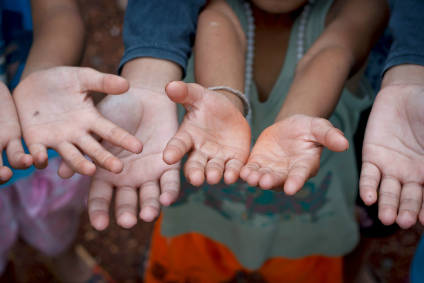
The Department of Labor (DoL) list of foreign-made goods made using forced or child labour sees 32 new products added.
The Bureau of International Labor Affairs (ILAB), which maintains a list of goods and their source countries which it has reason to believe are produced by child labour or forced labour in violation of international standards, has published the 10th edition of this list, naming 158 goods from 77 countries, as of 28 September 2022.
While cotton from Uzbekistan was removed from the list this year, garments made in Bangladesh and Pakistan and textiles from Pakistan and Ghana were added. The Bangladesh Garment Exporters and Manufacturers Association could not be reached for comment at time of press.
List additions:
Bangladesh – garments (forced labour)
Brazil – acai berries (child labour)
Cameroon – gold (child labour)
Ecuador – bovines, hogs, poultry, rice (child labour)
Ghana – bovines, textiles, rice (forced labour)
India – tea, thread/yarn (forced labour)
Indonesia – palm oil products (child labour and forced labour)
Kenya – cattle (child labour)
Pakistan – baked goods, bovines, dairy products, electronics, furniture, garments, rice, textiles (child labour)
Zimbabwe – gold (child labour)

US Tariffs are shifting - will you react or anticipate?
Don’t let policy changes catch you off guard. Stay proactive with real-time data and expert analysis.
By GlobalDataOther countries where cotton, garments and textiles have been produced by way of forced labour or child labour, as identified on the list include Argentina, Brazil, China, Ethiopia, India, Kazakhstan, Malaysia, Kyrgyz Republic, Mali, Mexico, Nepal, North Korea, Tajikistan, Thailand, Turkey, Turkmenistan, Vietnam, Zambia.
ILAB believes that publication of these lists has resulted in new opportunities for them to engage with foreign governments to combat forced labour and child labour. US Secretary of Labor Marty Walsh said, “They also serve as useful guides to know where these problems persist, and how the global community can act to end reprehensible practices that have no place in a 21st century world economy.”
Downstream Products
This year, ILAB is working under an expanded mandate to conduct research and global supply chain tracing to track inputs made with child labour or forced labour, instead of looking only at final goods. The full list can be accessed here.
ILAB also announced new and updated tools to combat forced and child labour:
- Updated mobiles apps that provide information on goods produced by child labour or forced labour and lists detailed guidance for companies on how to develop social compliance systems in their global supply chains
- Launched the ILAB Knowledge Portal for researchers, civil society organizations, other governments and international organizations seeking to implement best practices in combating child labour and forced labour
- Updated its Better Trade Tool, an online compliance and accountability resource that overlays the list of goods produced by child labour or forced labour with international trade data
Thea Mei Lee remarked, “In making people more aware of the entire supply chain, we are upping the ante for governments, companies and consumers alike. We are drawing attention to critical supply chains in clean energy.”



